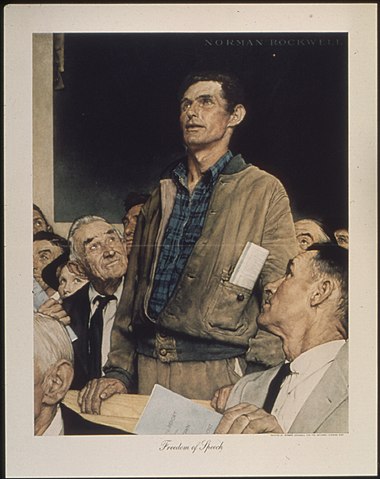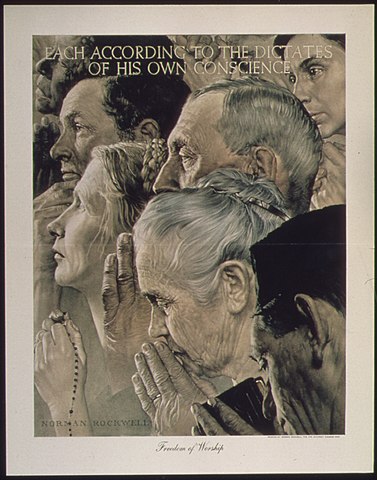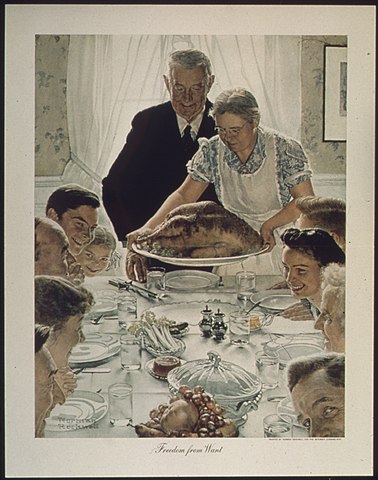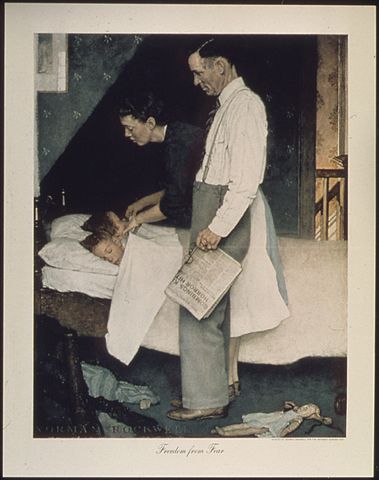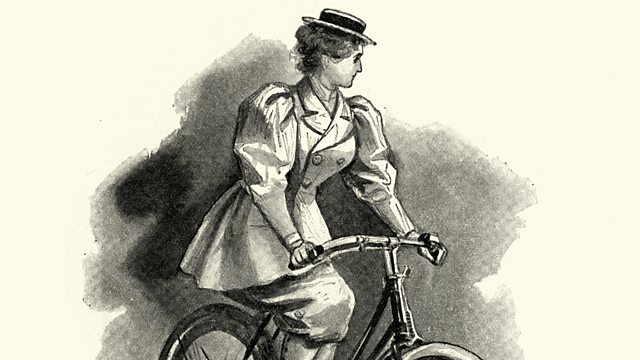As previously pondered, listening to The Ezra Klein Show every week has now become firmly entrenched in my personal well of information, and is as good a way as any to stay abreast of topical matters in US politics and society – and quirky and accessible it is for good measure. And, it is to Ezra’s podcast that I owe my introduction this year to some interesting new (to me) people. Though his guests cover the gamut of race, ethnicity and gender, they are mostly of a similar socioeconomic milieu (though not necessarily born into it); one which can be broadly defined as the professional urban class (academia, government, media, think tanks) and of liberal, left(-ish) persuasion, and mostly young (-ish), that is, in the middle of life and career (though he has pulled in a few golden oldies, like Sanders and Chomsky!). Reasoned, articulate voices from “the other side” are an exception, but when there, are also well chosen and not those seeking provocation for the sake of provocation.
One such typical guest last week was Eve Ewing. Beyond the very interesting conversation that flowed easily between her academic work as a sociologist, her literary endeavors as poet and author and her active commitment to justice and equality, I started thinking about her as a typical example of an evolving coterie of younger, opinionated – and Black – people that have joined the fray with a vengeance in the very recent times and come to my attention with their impressive array of talents. (May I say: highly educated, articulate, courteous, humorous, without being accused of intimating all these traits to be an exception? Probably not. I guess I will just have to accept assumptions made of me as I dare say I make of others – but not here! The question I pose and the answer I give are predictably defensive.) More than anything, I have been impressed by their fearlessness in harnessing their diverse talents to explore and experiment with different mediums, how steadfastly they resist being pigeon-holed, and how uncompromising they are on matters of principle. (I only now realize, for instance, the breadth of Ewing’s range, and how cleverly she blends her artistic interests with the larger societal imperatives that are important to her.)
For Eve Ewing, and an issue only mentioned in passing, that applies (amongst other things) to the policing system and its abuses. I read this forceful essay in Vanity Fair last year, in which Ewing makes her case in respect to police unions that operate (actually as their names often suggest) more as brotherhoods. She traces there a line from the enforcement of the Black Codes at the end of the Civil War through to a system of unionized labor such that solidarity across unions (especially in the public sector) meant that whether police unions were in fact of the same tradition was not questioned. This was an aspect that I had not taken into account when, like many others outside the US, and however sympathetic one may have been to the cause, I found myself aghast at the absolutism of “de-funding”, “getting rid of” and the like that evolved from Black Lives Matter and the outrage about the sanctioned murders from which that movement and others emerged. Though not one averse to the radical, I was skeptical of some of the activist’s demands and their prospect of ever being implemented. That may well still be so, but Ewing and others have convinced me that sometimes it is plain, stark language that is required to attract an audience; later, the most attentive among them will persevere and extricate the details to force a workable agenda.
To digress; a time for reflection: Who then will enforce laws? one such as I may well ask – and too hastily. Perhaps, a more valid question would be: What is to do when laws are inherently prejudicial and, it follows, applied with prejudice? Change the laws and rethink their enforcement, may well be an answer. For example, and this is hardly original: greater concentration and resources on fighting poverty, improving access to employment, education, health-care; better funded outreach into neighborhoods: schools, community and youth centers, churches; using trained interventionists instead of armed police to mediate low-level conflicts (arising through drug or alcohol abuse, civil or domestic altercations, mental health issues). I understand the “de-funding argument” (which has got the most attention) have ideas like these in mind – in other words, redirecting some of (or a lot of!) the funding given to police departments into other areas and into the improvement of (less confrontational) institutions. That is not abolishing the police, but it is at least diversifying enforcement agency and exposing the system to greater scrutiny. Then there is the problem of electing lawmakers who support a different approach to law enforcement; here there must be an acceptance by the greater society – by voters – of the inadequacies and plain wrongfulness of a judicial system too beholden to historical precedent. A year after the murder of George Floyd and the conviction of his killer, is there is an indication of some move in that direction? I don’t know.
Eve Ewing first came to my attention with her poetic contribution to the NY Times acclaimed (and to some controversial) 1619 Project and later (I think) her involvement with a boycott of The Poetry Foundation, but the tone of the conversation with Ezra was more “street” – more community, sociologically steeped. Ewing’s comments, based on her research and writing, specifically in terms of a school closure debate in her home town of Chicago, and how public schooling access are conditional to the neighbourhood in which one lives, were really thought provoking. And, just her fundamental concern that public schools should even be “categorised” (or, it follows, “stigmacized”), I share so much. A question I have often asked is: Why are there bad schools anyway? Bad schools should not exist! Wealthy countries (forget about variations in the subsets thereof) must be able to figure this! One would think.
Continue reading

